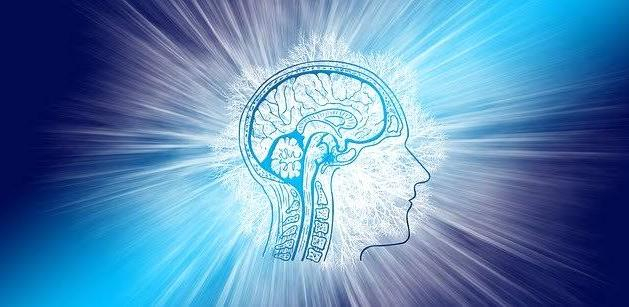People with higher working memory capacity are more likely to follow the recommended social distancing guidelines to fight COVID-19, says a study. Working memory is the psychological process of holding information in the mind for a brief period of time - typically, just seconds.
The amount of information working memory can hold briefly -- its capacity -- is predictive of many mental abilities such as intelligence, comprehension, and learning.
The study, published in the journal Proceedings of National Academy of Sciences, showed that individuals with higher working memory have an increased awareness of benefits over costs of social distancing.
Working Memory and Decision Making
The results also suggest learning social distancing as a new norm requires an effortful decision process that relies on working memory. "The higher the working memory capacity, the more likely that social distancing behaviors will follow," said study co-author Weiwei Zhang, Associate Professor of Psychology at the University of California, Riverside.

The study included the participation of 850 US residents from March 13 to March 25 -- the first two weeks following the US presidential declaration of a national emergency about the Covid-19 pandemic.
Participants first filled out a demographic survey. Then they completed a set of questionnaires that captured individual differences in social distancing compliance, depressed mood, and anxious feelings.
Costs and Benefits of Social Distancing
Personality variables, intelligence, and participants' understanding of the costs and benefits of social distancing practice were measured also. "Individual differences in working memory capacity can predict social distancing compliance just as well as some social factors such as personality traits," Zhang said.
"This suggests policymakers will need to consider individuals' general cognitive abilities when promoting compliance behaviours such as wearing a mask or engaging in physical distancing."
Zhang expects the contribution of working memory will decline as new social norms, such as wearing a mask or socially distancing, are acquired by society over time. "Eventually social distancing and wearing face masks will become a habitual behavior and their relationship with working memory will diminish," he said.








